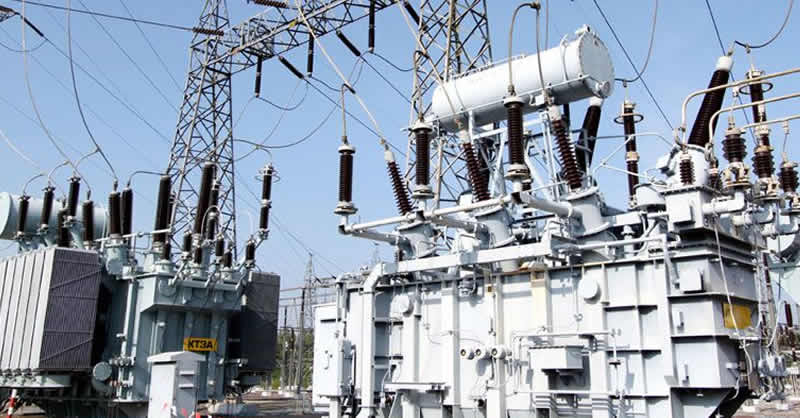ECONOMY

STATES CAN’T AFFORD MINIMUM WAGE, LET ALONE ELECTRICITY TARIFF CUTS – FG WARNS
The Federal Government has expressed concerns over the ability of state governments to sustain electricity subsidies for Band A consumers, following recent developments in some states.
According to Bolaji Tunji, spokesperson for the Minister of Power, Adebayo Adelabu, many states may lack the financial strength to take on the burden of electricity subsidies, especially given their current fiscal challenges.
This comes in response to a directive by the Enugu State Electricity Regulatory Commission mandating a reduction in Band A electricity tariff from N209 to N160 per kilowatt-hour by Main Power, the Enugu Electricity Distribution Company. The decision has prompted other states like Ondo and Lagos to consider similar revisions to their Multi-Year Tariff Orders.
With the implementation of the 2023 Electricity Act, seven states—Enugu, Ondo, Ekiti, Imo, Oyo, Edo, and Kogi—have gained control over their electricity markets, while others such as Lagos, Ogun, Niger, and Plateau are expected to complete their transitions soon.
While Enugu has already issued its Multi-Year Tariff Order, industry groups such as the Association of Power Generation Companies and the Association of Nigerian Electricity Distributors have criticized the decision to cut Band A tariffs. Their respective Chief Executive Officers, Sunday Oduntan and Joy Ogaji, voiced strong opposition.
Oduntan cautioned that electricity distribution companies are not in discussions with state governments regarding tariff changes, warning that such actions could destabilize the electricity market. Similarly, Ogaji accused the Enugu electricity regulator of worsening the sector’s challenges, emphasizing that what is being described as a subsidy is, in reality, debt accumulation.
Responding to the situation, Tunji clarified that the federal government cannot support or recommend subsidies at this point, especially as it continues to struggle with a N5.3 trillion debt to power generation companies accrued over the past three and a half years.
"How do they intend to handle the subsidy? Do they truly have the capacity? Based on their internally generated revenue and federal allocations, it appears most states can’t sustain it. Many are even unable to pay the minimum wage. The federal government itself is finding it nearly impossible to shoulder the weight of electricity subsidies," Tunji said.
"This represents a significant development in our ongoing coverage of current events."— Editorial Board









